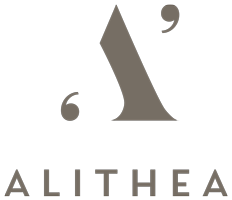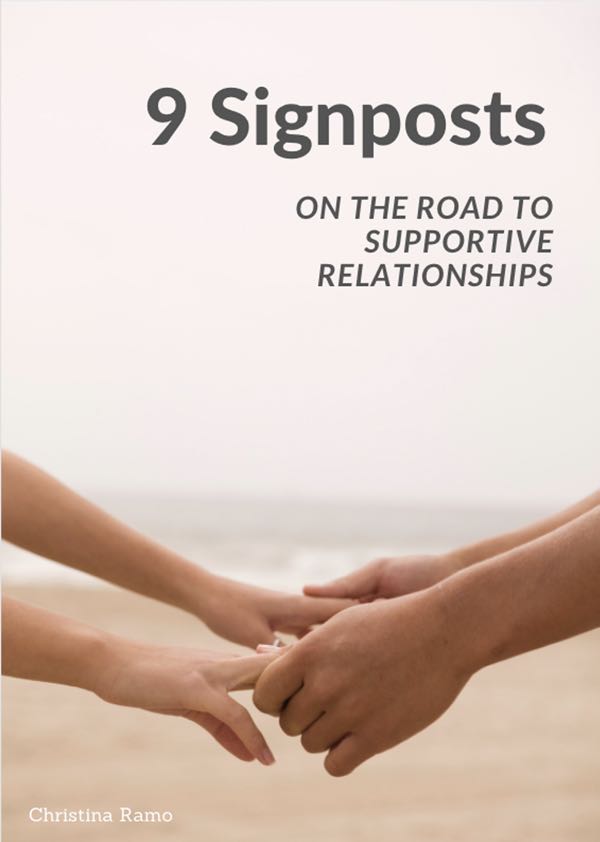What do you need right now? The Alithea Way is a path of shared knowledge, of building inner resources by knowing what’s out there to keep it real. We’ve answered many common questions in our FAQ to help you find your way, and we are only a click or call away if you need more information.
How is Alithea different?
At Alithea, our promise is to hold you without judgement. We are a place where you can take time out each week, a place to take a breath and check in with yourself. We help you create a life you don’t want to run from. And we’re professional and approachable. We care and we speak your language.
What if I’ve never had counselling before. What can I expect?
Your first appointment will focus on us getting to know one another, and on setting up all the understandings we need for a strong relationship. You can talk generally about your specific challenges or goals, and we can agree on the focus for follow up sessions, including how often it’s ideal to meet and all the details.
At Alithea, we support you to grow in whatever way you need, whether it’s professionally or personally, or within your family, social or work context.
Am I eligible for Private Health rebates?
Some Private Health insurers provide rebates for counselling and psychotherapy services. Please check with your service provider.
Can I come and see you on a Mental Health Care Plan?
This depends on which practitioner you are booking and their accreditation. Please discuss with us on booking.
Will you collaborate with my other health professionals?
Yes. Collaborative practice in healthcare occurs when multiple providers from different backgrounds (such as psychotherapy, general practice, physiotherapy, and other allied health) communicate to provide a comprehensive and well-considered healthcare approach for their patient/client.
What is your cancellation policy?
Cancellations made with less than 48 hours’ notice will incur 50% of the session fee. If the appointment is not attended (without notice), full session fee will be charged.
How long will I need to attend sessions for?
That depends on your goals and personal progress. Our approach is individualised just for you. We will work with you to find the right rhythm for your sessions. We celebrate when you feel ready to end sessions, but we’ll always be there so you can step back in if you need. Life is like that!
Are your counsellors accredited with a professional organisation?
Counsellors/psychotherapists are registered with The Australian Counselling Association (ACA) or the Psychotherapy and Counselling Federation of Australia (PACFA) and supervision is mandatory to be a member. All therapists complete supervised practical experience before they can be registered to work in this field and participate in ongoing supervision and professional development throughout their careers.
Are there different types of therapy?
A professional and skilled therapist will integrate different aspects of therapeutic approaches and philosophies to craft an approach that is significant to your circumstances and goals.
Some different approaches to therapy are outlined below.
Counselling
Often called therapy or psychotherapy, counselling involves meeting with a professional to resolve problematic behaviours, beliefs, feelings and relationship issues. Counselling involves self-reflection and the desire to change to be the healthiest and truest version of yourself. A counsellor will guide you in the right direction towards living the best life possible. Recognising self-destructive behaviours, resolving trauma, and sharing your feelings and experiences may be difficult at first, but are important in recognising limiting patterns of behaviour and fostering real change.
Behavioural Therapy
Behavioural Therapy is an umbrella term for types of therapy that treat mental health disorders. This form of therapy seeks to identify and help change potentially self-destructive or unhealthy behaviours. It is based on the idea that all behaviours are learned and that unhealthy behaviours can be changed. The focus of treatment is often on current problems and how to change them, and commonly treats depression, anxiety, panic disorders and anger issues.
Positive Psychology
Positive Psychology aims to identify the positive influences in an individual’s life. These may include character strengths, optimistic emotions and constructive institutions. This approach is based on the belief that happiness is derived from both emotional and mental factors and aims to help people identify happiness in the present.
Attachment Work
Attachment refers to the ability to form emotional bonds and empathic, enjoyable relationships with other people, especially close family members. Insecure attachment early in life may lead to attachment issues and difficulty forming relationships throughout life.
Attachment issues that are left unresolved can interfere with the ability to maintain relationships later in life. Counselling allows you to learn what healthy relationships look like, explore ways to form constructive bonds, and develop ways to cope with the symptoms that resulted from possible early attachment issues.
What is an easy way to understand Mindfulness?
Mindfulness is paying attention to the present moment, free of judgement and reaction. To enjoy life and to connect with people, it’s important to be ‘here’, to be ‘present’. This is mindfulness: engaging with the present and really living the experience.
How to counsellors use Mindfulness?
Counsellors can personalise steps towards Mindfulness that work specifically for each individual. Some of these can include focusing on your actions when doing simple tasks (eg washing dishes, eating, etc.), watching your thoughts come and go, being able to stop and breathe and learning to judge less.
What is the Drama Triangle?
The Drama Triangle was first described by Stephen Karpman in the 1960s. It is a model of dysfunctional social interactions and illustrates a power game that involves three roles: Victim, Rescuer, and Persecutor, where each role represents a common and ineffective response to conflict.
Could I be Co-dependent?
Co-dependency is the excessive emotional or psychological reliance on a partner, typically one who requires support on account of an illness or addiction.
Co-dependants may have difficulty:
1. Experiencing appropriate levels of self-esteem
2. Setting functional boundaries
3. Owning and experiencing one’s own boundaries
4. Taking care of their adult needs and wants
5. Experiencing and expressing their reality moderately
Why are relationships so important?
Conscious relationships can be a source of love, fulfillment and support. It takes determination to keep the bonds of intimacy strong, and ensure a relationship remains a source of happiness and positive connection. Partners must be willing to address issues at hand and work together toward a solution. When challenges are left unaddressed, tension mounts and poor habits may develop, weakening a couple’s bonds. Couples counselling can help romantic partners communicate their needs and rebuild their bond.
How can I improve my relationship with my children?
Positive relationships with your children create a positive environment at home and a strong foundation for positive mental health. If relationships are strained, the family may experience undue stress. This can deteriorate into grief, depression, anger, anxiety and tension. When these conditions go untreated, it may impact the wellbeing of all members of the family. Counselling can help build a stronger support network within the home and offer guidance in building positive bonds.
What is Emotional Regulation? How do I know if I am disregulated?
Emotional regulation is a person's ability to effectively manage and respond to an emotional experience. People unconsciously use emotion regulation strategies to cope with difficult situations many times throughout each day, but some people need specific support and techniques to help them manage. These can include Mindfulness and Cognitive Reframing where you reinterpret a situation to change your emotional response to it.
What is an Addiction really? Could I have a problem?
Addiction is a physical or psychological need to do, take or use something to the point where it could be harmful. It is most commonly associated with gambling and substances abuse such as drugs, alcohol and nicotine; however, addiction can come in many other forms in life such as work, shopping and computer use. Seeking help through counselling is a vital step in overcoming addiction.
Why is Self-esteem so important in counselling?
Self-esteem is the degree to which one feels confident, valuable and worthy of respect. Self-esteem can influence wellbeing and mental health, as low self-esteem can accumulate as poor mental health, and/or in self-destructive behaviours such as substance abuse, social anxiety, co-dependency, food related and other issues.

